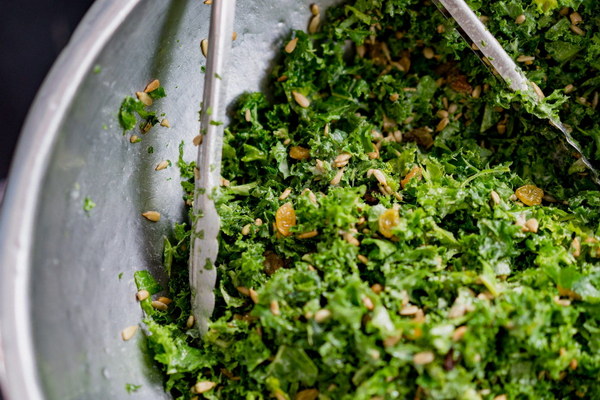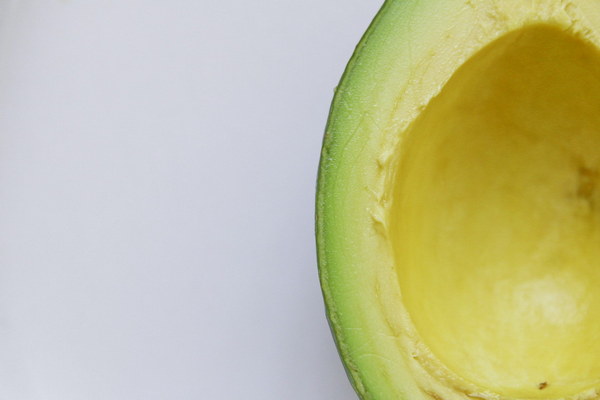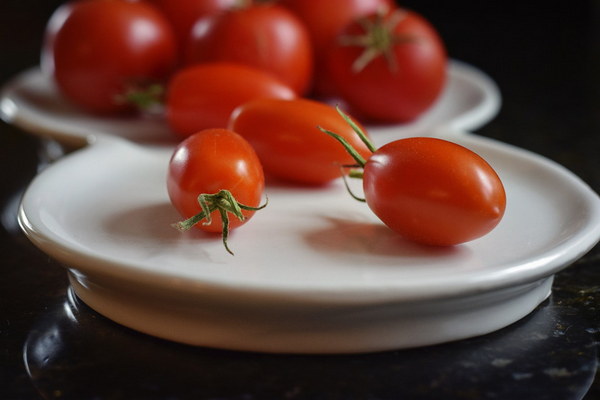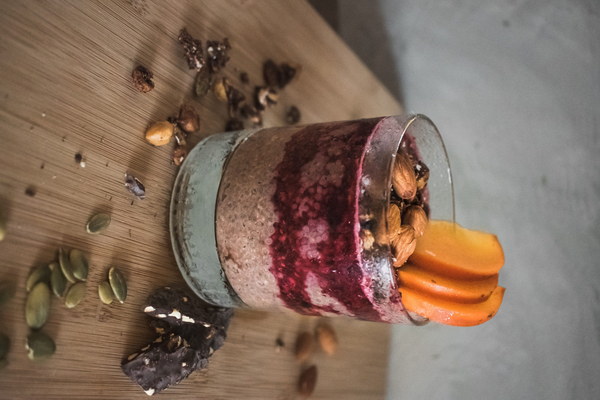Nourishing the Spleen and Draining Dampness Traditional Chinese Herbs for Balanced Digestion
In traditional Chinese medicine (TCM), the health of the spleen is of paramount importance as it is considered the vital organ responsible for the transformation and transportation of nutrients throughout the body. However, when the spleen becomes weakened, dampness can accumulate, leading to a variety of symptoms such as fatigue, bloating, and weight gain. To combat this imbalance, TCM utilizes a blend of herbs that can nourish the spleen and drain dampness. This article will explore some of these valuable herbs and how they can contribute to a balanced digestive system.
1. Astragalus (Astragalus membranaceus)
Astragalus is a well-known herb in TCM, renowned for its ability to strengthen the immune system and enhance the body's overall vitality. It is particularly effective in nourishing the spleen and boosting its function. Additionally, astragalus can help to expel dampness from the body, thus alleviating symptoms such as fatigue and bloating.
2. Poria (Poria cocos)
Poria is a commonly used herb in TCM, often combined with other herbs to address dampness-related issues. It has a sweet and neutral taste and is considered to be a potent dampness-draining herb. Poria can help to improve digestion, reduce bloating, and alleviate fatigue by promoting the movement of dampness within the body.
3. Licorice (Glycyrrhiza uralensis)
Licorice is another essential herb in TCM, known for its ability to harmonize the body's energy and alleviate various symptoms. It can also help to nourish the spleen and drain dampness. Licorice's sweet taste is believed to help balance the body's Yin and Yang, thereby promoting overall health and well-being.
4. Cinnamon (Cinnamomum cassia)

Cinnamon is a popular spice in many cultures, but it also holds a significant place in TCM for its warming properties. It is often used to support the spleen and improve digestion. By promoting the circulation of Qi (vital energy) and draining dampness, cinnamon can help to alleviate symptoms such as bloating and fatigue.
5. Rhizoma Alismatis (Alisma orientale)
Rhizoma Alismatis is a potent herb that can help to eliminate dampness from the body, particularly from the spleen and kidneys. It has a sweet, bitter, and cold taste and is often used in combination with other herbs to address dampness-related issues. This herb can help to improve digestion, reduce bloating, and alleviate fatigue.
Incorporating these traditional Chinese herbs into one's diet or wellness routine can help to nourish the spleen and drain dampness, thereby promoting a balanced digestive system. However, it is essential to consult with a qualified TCM practitioner before starting any new herbal treatment, as individual health conditions and contraindications may vary.
By understanding the role of the spleen and the importance of balancing dampness in TCM, one can take proactive steps to maintain a healthy digestive system. Whether through dietary adjustments, lifestyle changes, or the use of traditional herbs, the goal is to achieve harmony and balance within the body, leading to overall well-being.









